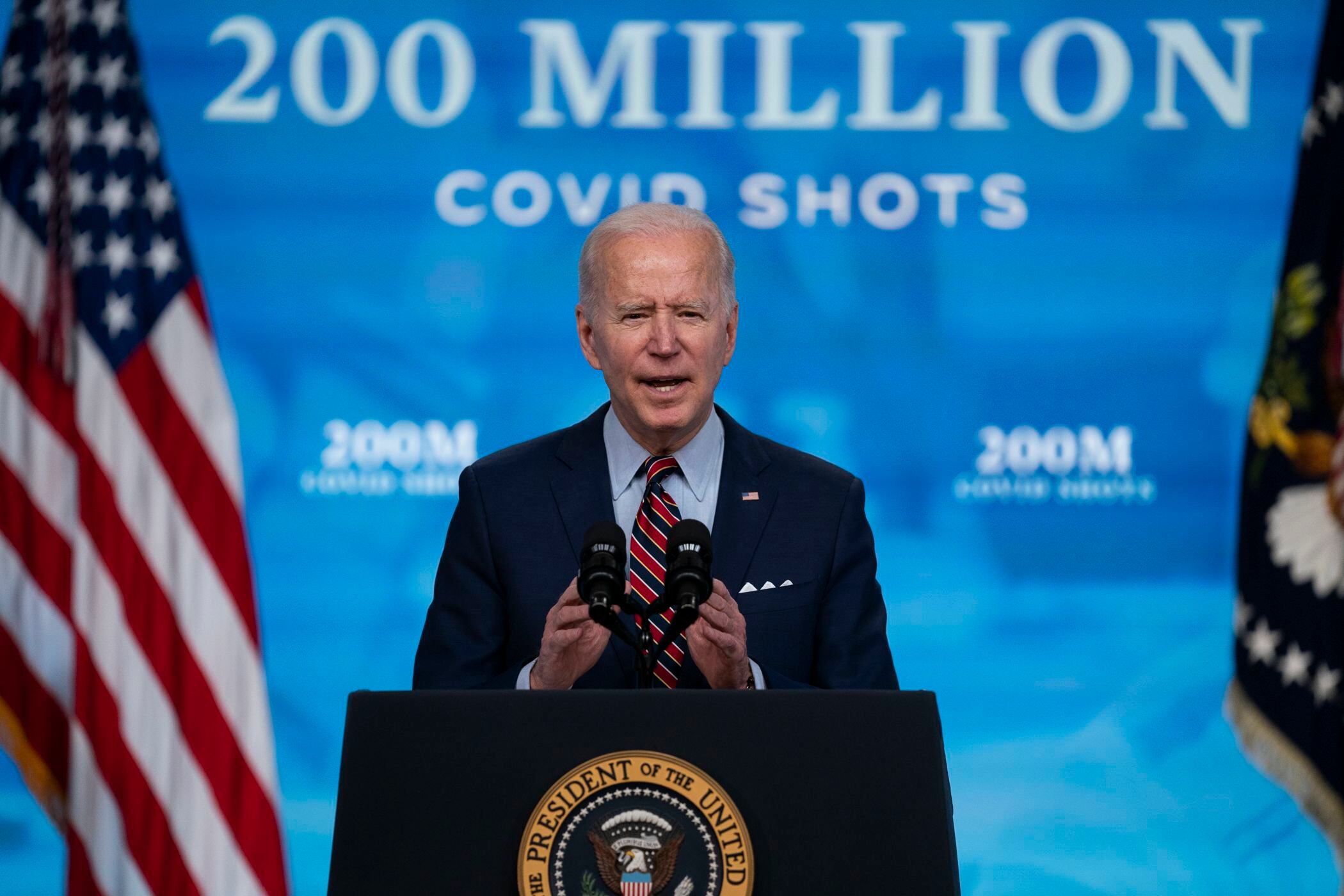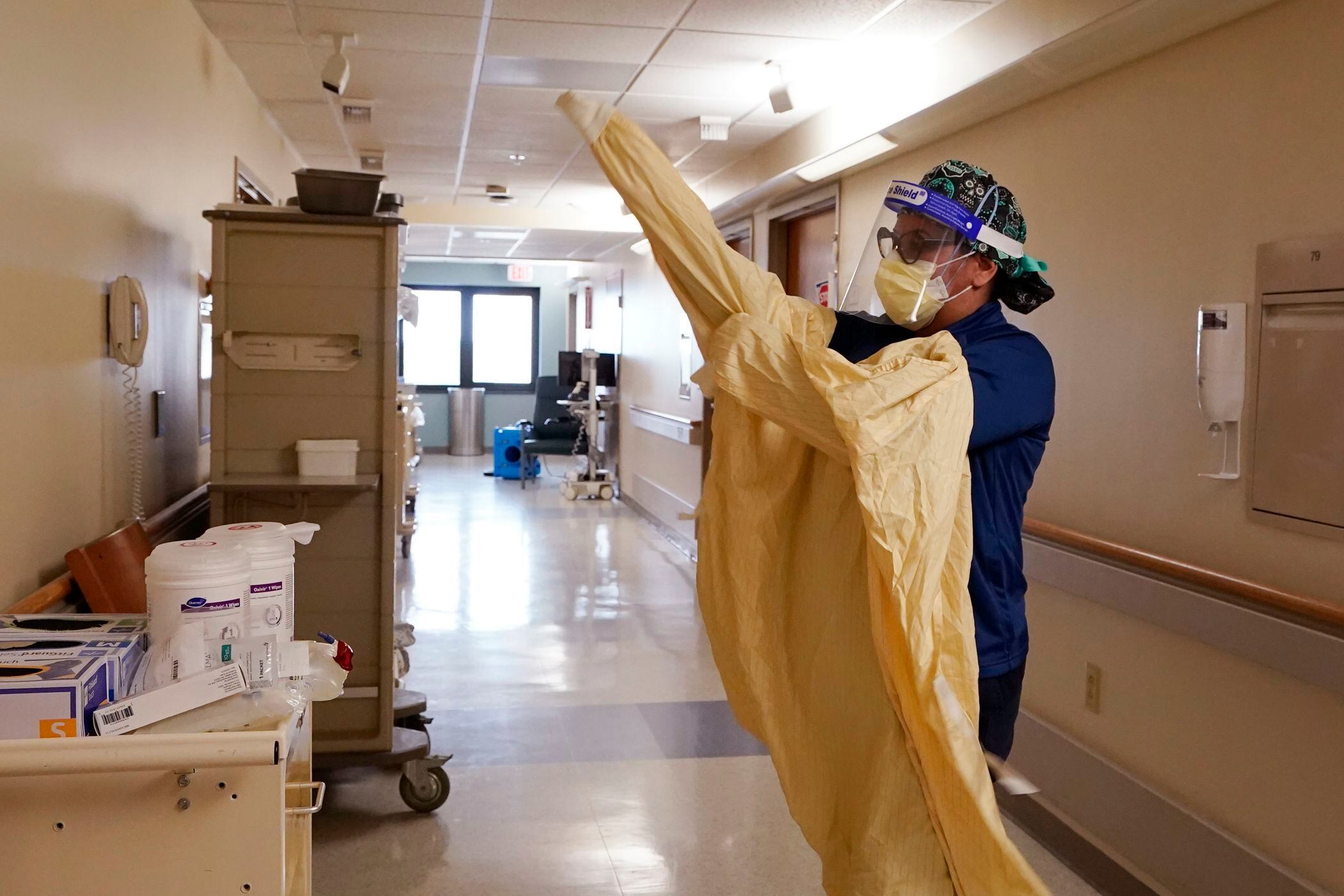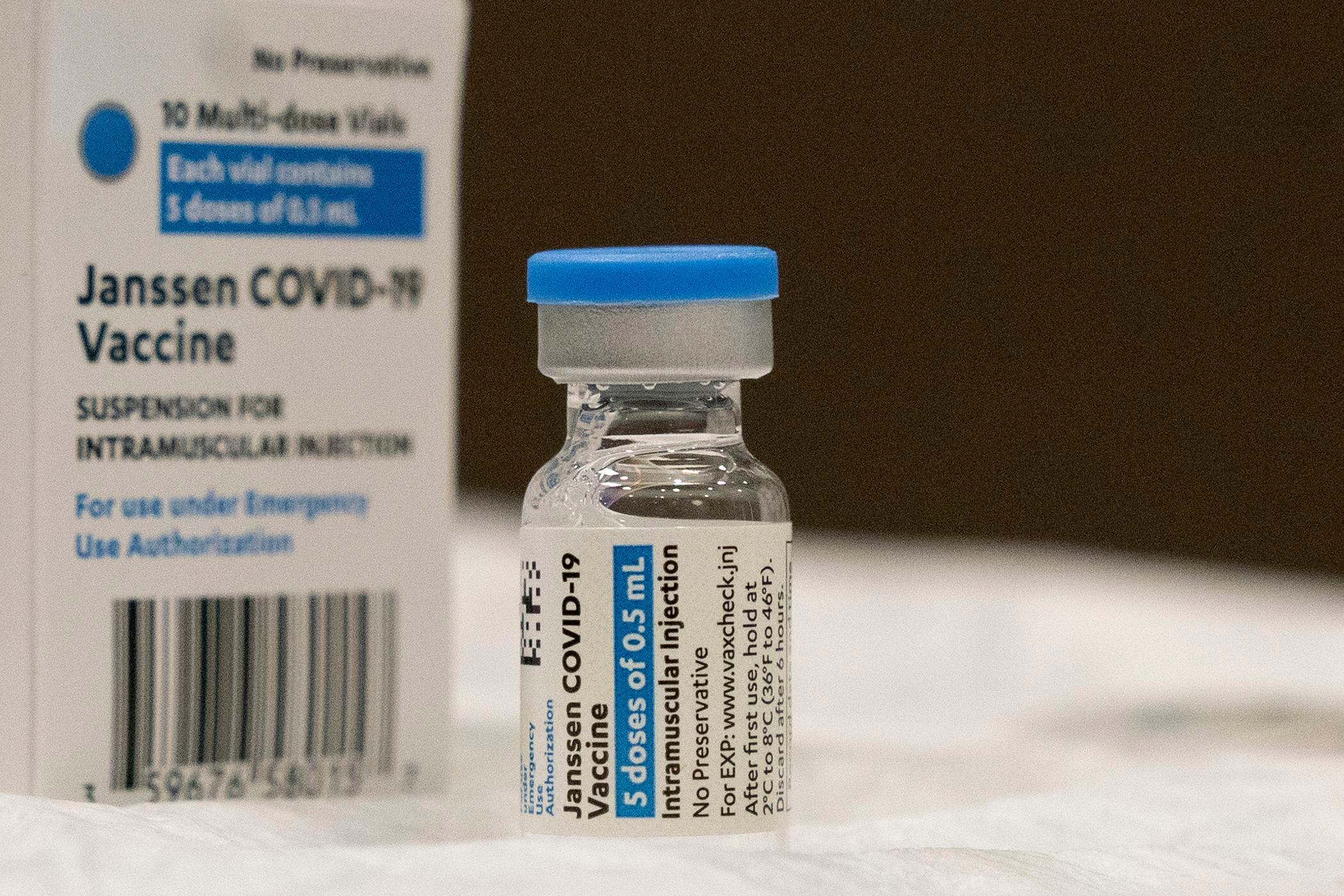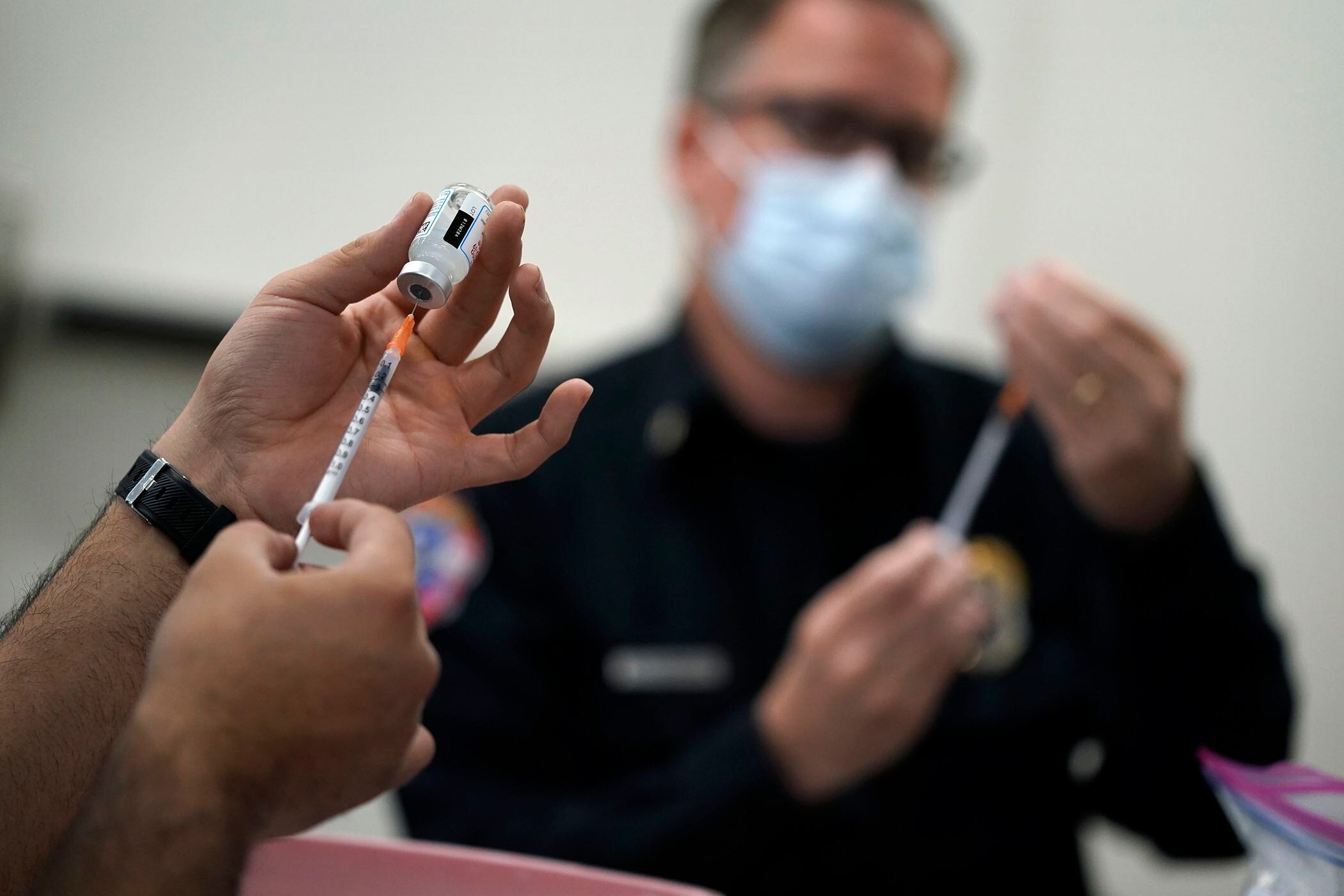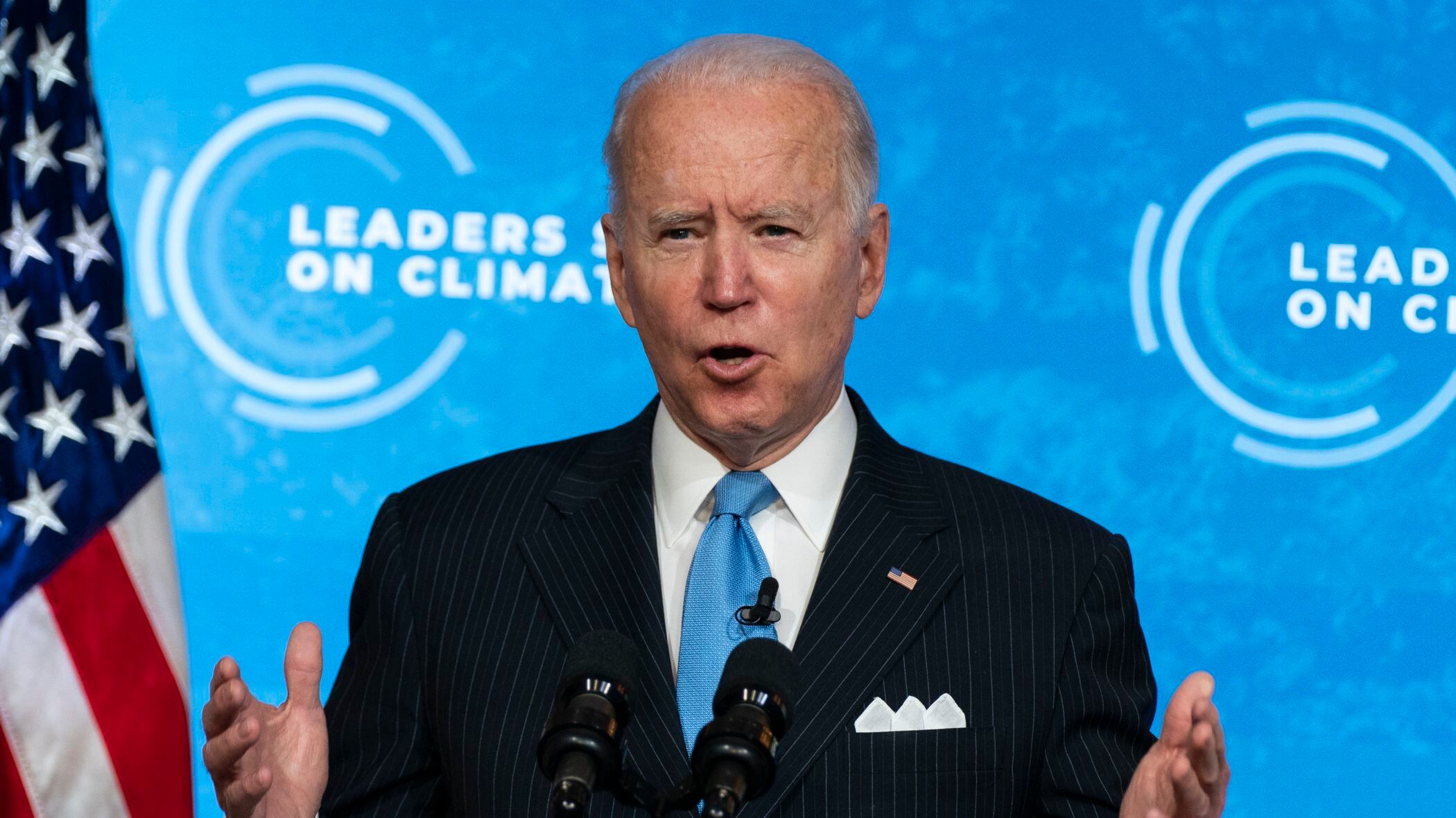A new study from the American College of Cardiology has found that the popular ketogenic or "keto" diet may contribute to higher levels of "bad cholesterol" and a twofold increase in the risk of heart attacks and strokes.
“Our study found that regular consumption of a self-reported diet low in carbohydrates and high in fat was associated with increased levels of LDL cholesterol— or “bad” cholesterol—and a higher risk of heart disease,” said Dr. Iulia Iatan, MD, PhD, lead author of the study and attending physician-scientist at the Healthy Heart Program Prevention Clinic in St. Paul’s Hospital.
“To our knowledge, our study is one of the first to examine the association between this type of dietary pattern and cardiovascular outcomes.”
The study points out that depriving the body of carbohydrates such as bread, pasta, and rice forces the body to break down fat for energy instead. This breakdown produces ketones in the liver, hence the name keto. Advocates for this type of diet suggest obtaining 60 to 80 percent of calories from fat.
By comparing this low-carbohydrate, high-fat (LCHF) diet with a more standard diet, the study found that it elevated levels of LDL cholesterol in some people, which is known to elevate the risk of heart disease.
Before starting this dietary pattern, they should consult a healthcare provider," Iatan said. "While on the diet, it is recommended they have their cholesterol levels monitored and should try to address other risk factors for heart disease or stroke, such as diabetes, high blood pressure, physical inactivity and smoking.”
Clive McCoy, director of tourism for the British Virgin Islands, joined Cheddar to discuss how the territory was relaxing restrictions for travel to resume back to the tropical getaway.
While much of the world remains hunkered down, the band Six60 has been playing to huge crowds in New Zealand, where social distancing isn’t required after the nation stamped out the coronavirus.
The charitable arm of San Francisco-based technology giant Cisco Systems has pledged to invest $100 million over the next decade to help reverse the impact of climate change.
The White House says the U.S. will begin sharing its entire stock of AstraZeneca COVID-19 vaccines with the world once it clears federal safety reviews.
Officials say the European Union is finalizing plans to allow tourists from the United States to travel to the 27-nation bloc this summer.
Jill is joined by Baker Machado this morning to talk about the CDC reinstating the J&J vaccine, a worsening Coronavirus crisis in India, but also, where things are looking a lot better.
Michigan has become the current national hotspot for COVID-19 infections and hospitalizations at a time when more than half the U.S. adult population has been vaccinated and other states have seen the virus diminish substantially.
A U.S. health panel says it’s time to resume use of Johnson & Johnson’s COVID-19 vaccine, despite a very rare risk of blood clots.
A growing coalition of private companies, nonprofits, and the federal government are pushing for a more unified approach towards COVID vaccination credentialing.
World leaders have joined President Joe Biden at a virtual climate summit to share their stories about how nations can break free of climate-damaging fossil fuels.



